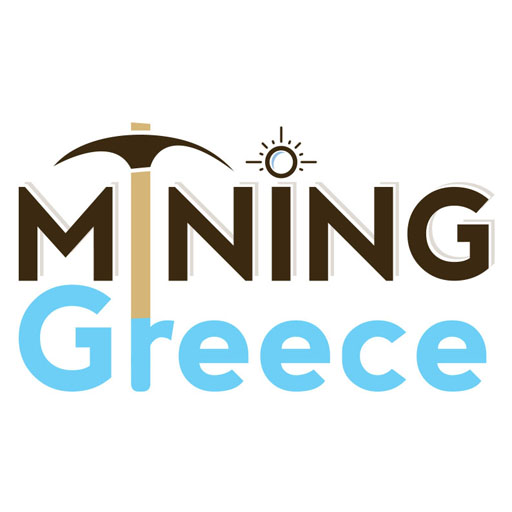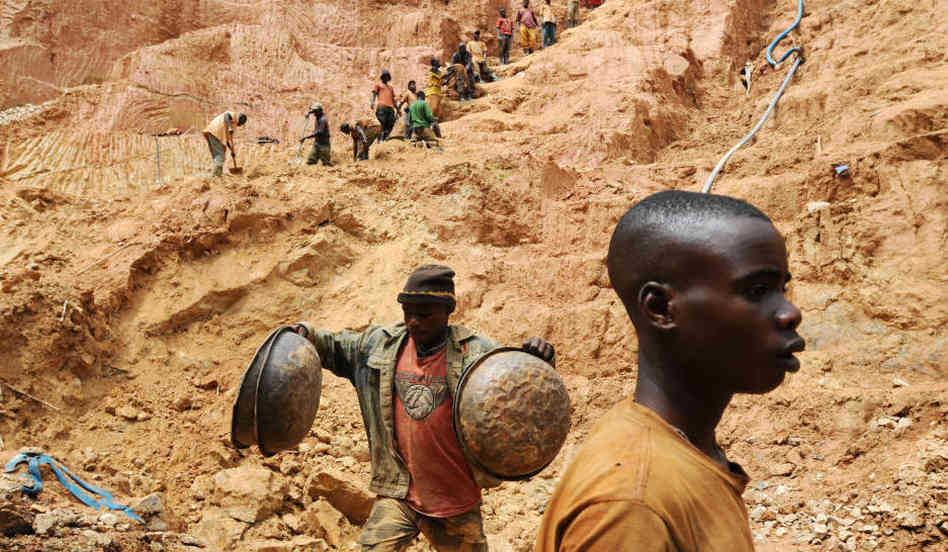The European Parliament voted (to the surprise of many) for tougher monitoring of the imports in E.C. grounds of all the products that contain “conflict metals”. As we read at The Gurdian,
European gold, tantalum (the material that makes mobile phones vibrate), tungsten and tin imports from conflict zones will be subjected to tougher surveillance procedures under a new regulation adopted by the European parliament on Wednesday.
MEPs in Strasbourg voted to enforce an obligatory monitoring system for the whole supply chain of “conflict minerals”, affecting 800,000 European companies.
Mineral importers, smelters and refineries, but also manufacturers of consumer products such as mobile phones, tablets, washing machines, will have to ensure that revenues from the minerals they use are not funding conflicts.
The bill is largely aimed at Africa, where minerals play a role in several violent conflicts. The Great Lakes region of the Democratic Republic of the Congo is particularly affected by the phenomenon. Mineral production accounts for an average of 24% of gross national product in African countries, and is implicated in no fewer than 27 conflicts on the continent.
The surprise vote, led in large part by the European parliament’s leftist parties, has strongly reinforced the European commission’s proposal, which was initially based on a voluntary system.
It also went beyond the proposal of the European parliament’s international trade committee, whose members had hoped to oblige only European smelters and refineries to source their materials responsibly.
Marie Arena, the socialists and democrats (S&D) group’s spokesperson on conflict minerals, said: “The regulation voted through today is a historic victory that puts the respect of human rights above the profit of companies. Europe can become a pioneer in the field of ethical economy.”
But the regulation still has a long road to travel. The bill’s slim majority in the European parliament pushed MEPs to opt for quick negotiations with the other institutions (the council and commission) before making their formal decision during the first reading. This is a very unusual procedure.
Iuliu Winkler of the European People’s Party (EPP), the bill’s rapporteur, said: “Unfortunately, the divisions, which were already clear in the vote in the international trade committee, dominated the plenary vote. We are heading towards a complicated negotiation process.”
Among the primary concerns expressed by conservatives was the effect the regulation would have on small and medium-sized enterprises (SMEs). “Implementing such an obligation on the supply chain is utopian and impracticable, especially for SMEs,” said EPP member Franck Proust.
The European Conservatives and Reformists Group highlighted the negative impact the regulation could have on the legitimate trade of minerals in war-torn regions. The British Conservative MEP Emma McClarkin said that “businesses who cannot afford the mandatory requirements, or get the verification they need, [may] seek to source minerals from elsewhere”.
The path travelled by the conflict minerals bill has already been a rocky one, beset by pressure from big business lobbies. The French business group Medef contacted MEPs before this week’s plenary session to warn them of the potentially costly consequences of a binding system that covers the whole supply chain. “The lobbies pushed their interests very strongly with the rapporteurs,” the Green MEP Yannick Jadot confirmed.
“The extension of the regulation’s scope to all actors would be inefficient, impracticable and unreliable. Such an extension would engender very significant costs, particularly for small businesses: disproportionate compared to the expected results,” Medef stated in its document, seen by EurActiv.
The French Socialist MEP Édouard Martin told the press: “I accuse Medef of having placed a price on human life.”

